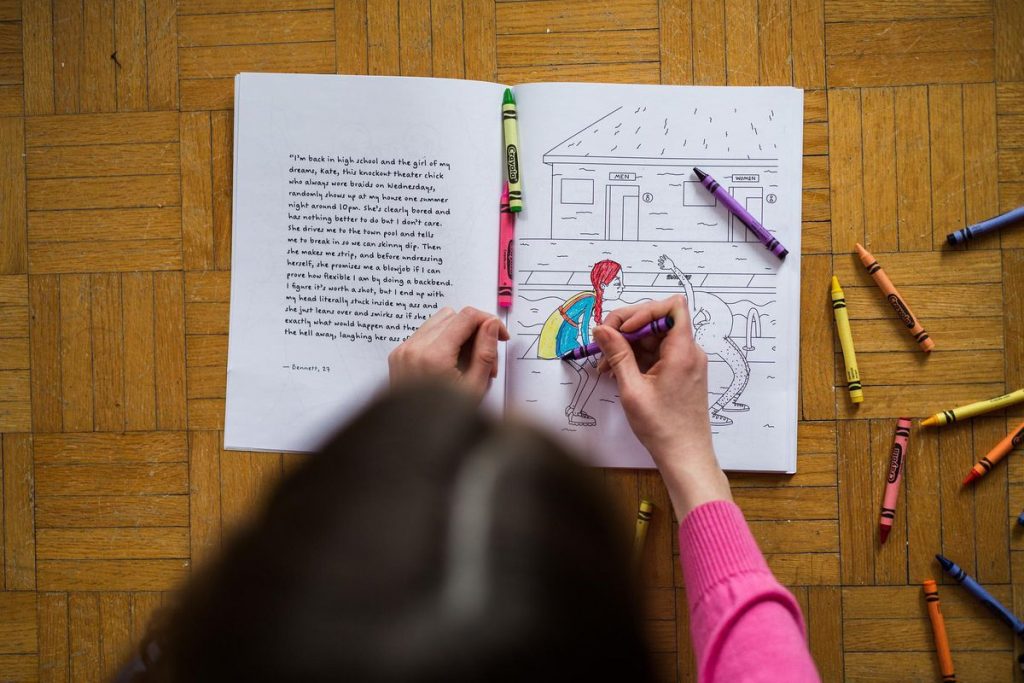One thing we can all probably relate to during this pandemic is the sense of missing time. As each day begins to blur into a certain uniform sameness, it seems like weeks and months pass by without our noticing.
During an age of economic uncertainty and human tragedy, it doesn’t seem as though boredom should be a major concern. But this problem goes deeper. It’s connected to our quality of life. If we cannot distinguish one day from the next, we aren’t really enjoying our daily existence.
The good news is that we can all make more time and carve out some space each day to make room for various activities. And by doing so, we create memories, feel more engaged in what we’re doing, and live in the present. Here are some types of activities everyone should be doing at this age of lockdowns and remote work.
Creative hobbies
Many organizations place a premium on creativity. In a global, competitive environment, creativity is one of the few attributes that truly helps set you apart from the rest. And this is something that applies to individuals as well as businesses. In fact, it’s one of the top skills that humans will need as the workplaces of the future move further toward automation.
Despite this, not everyone takes the time to engage in pursuits that fuel their creativity. How many people do you know insist that they don’t have what it takes? They believe that being creative is something you’re born with, a talent and not a skill.
In truth, creative practices are nearly endless in variety. They can be easy to get into. The hobby of paper cutting, for instance, requires nothing more than a blade and some white card stock. Or they can be technical and challenging, like learning to code.
Most of all, creative hobbies allow your mind to have fun. They permit you to adopt a playful mindset. Doing so can free you from the pressure of always having to achieve desired results. You’ll feel that it’s safe to experiment, fail on occasion, and now and then discover new insights and connections you’d never have made by staying in a comfort zone.
Continue learning
While some people lament losing their jobs to the pandemic and subsequent closure of many businesses, others struggle to adapt to the challenges of working remotely. And all are prone to experiencing varying levels of stress.
Stress stems from the uncertainty of these times. And though Covid-19 has greatly amplified those effects, it isn’t the only driver of change. In recent years, advances in technology have outpaced our systems of education. We are constantly being forced to keep up with change or eventually lose our way.
There are many ways to help alleviate the potentially harmful effects of too much stress in our lives. But the only way to turn stress into a positive is by embracing it as a stimulus for learning and growth. See the pandemic as a reminder that our education doesn’t stop when we leave school. It never ends. If we want to succeed in our careers and enjoy our lives, we need to continue learning.
Take the time to read a book or enroll in an online course. It doesn’t have to be relevant to your career. Just feel free to follow your interests, develop a curiosity about the world, and learn something new each day.
Ensure well-being
If there’s one thing everyone desperately needs in the middle of a public health crisis and safety, it’s some improvement in terms of well-being. And though the pandemic can be the most pressing issue on our collective consciousness, it’s not the only health challenge we face.
Physically, we risk falling further down into a pattern of sedentary living that had already begun to set in before the pandemic. Mentally, we are more prone than ever to feeling isolated and anxious or even depressed, as virtual ones replace in-person connections and interactions.
You might not be able to hit the gym, but you can work out at home. Or you can hit outdoor areas, which are considered safer spaces due to a lower density of people and reduced risk of infection.
At the same time, be more intentional in your communications. Strive to reconnect with friends and family, and pay closer attention to people during video calls or even in chats, emails, and texts. It might not replace the richness of face-to-face socializing, but you can make the most of what communication channels you have.




